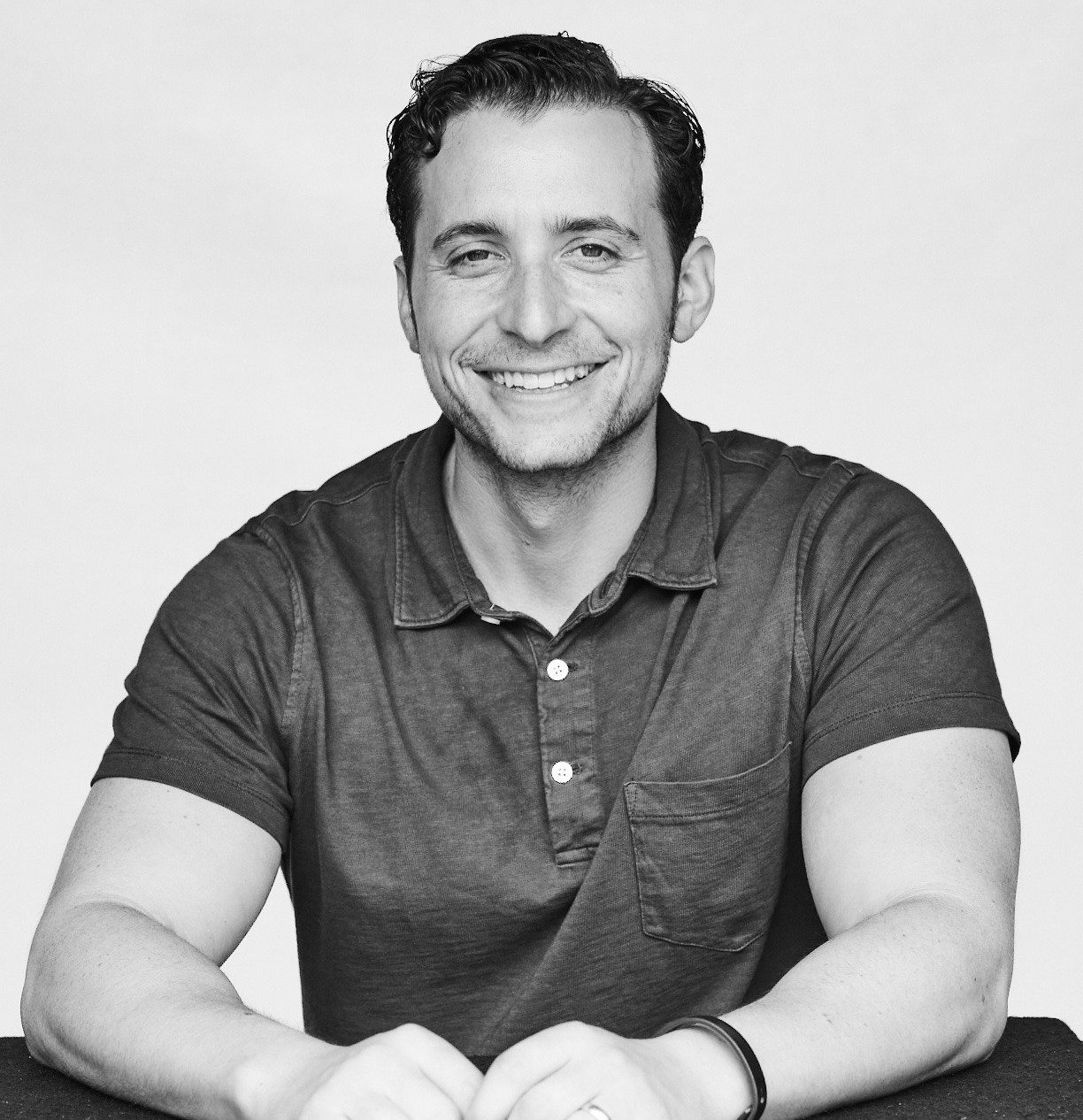The good, the bad, and the in-between in the world of health and fitness.
It was a confusing week for diets.
On one hand, you had a popular study about low carb vs. low fat diets slammed by basically every blogger.
On the other, you had maybe one of the more refreshing pieces of science add to the belief that there really isn’t one diet to rule them all. This is good news for everyone, unless you’re looking to publishing a book about a fad diet that is better than the rest. In that case, close your eyes and pretend this never happened.
Rising: Dietary Freedom (At Last)
I love a good meta-analysis. Why? Because it pulls together a bunch of studies (in this case 48 trials) with many people and offers a general summation (when done right) of what we currently know. Sadly, many of these studies are left by the wayside because of their observational nature. I like them because it keeps us honest with what we know.
In this meta analysis, the researchers found what has become a repeated line that rarely makes it into the headlines: A lot of diets work really well. To the point that it doesn’t matter if you’re Atkins (and carb extreme) or Zone (and carb balanced), you’ll lose weight on a program that you follow.
This is good news for everyone because it means you can choose the best diet for you (assuming it’s not completely nonsense, you hear me Cookie Diet!) and not worry about the dogma of avoiding everything delicious in life.
Dropping: Fat vs. Carbs (A Debate That Isn’t Really A Debate)
Another study came out suggesting that low carb diets are superior to low fat diets. (Or at least that’s how it played out in the media.)
Is this still happening? Are we really trying to find “the perfect diet?” Again, I don’t fault the researchers. The goal of science is to build on itself and teach us so we know more. Studies frustrate most people, but the reality is research will always be fluid.
That said, if you’re going to create a study that is a “low fat vs. low carb” battle, you probably shouldn’t have more flaws than US foreign policy. Issues ranged form the low carb eaters eating fewer calories than the low fat participants, the low carbers eating more protein, (advantage for fat loss and lean mass gains), and the low fat diet wasn’t even really a low fat diet. (It consisted of about 30 percent of daily calories.)
The controls also weren’t so great, and by the end of the study everyone ended up eating more than they were supposed to.
The headlines read, “Low carb better than low fat.”
But the real story should have been, “Following a diet you hate still sucks and doesn’t work.”
If you want to really understood what happened, start here.
Then read this editorial and this review. Or flip the order. Either way you’ll come away feeling better about your diet.
The In-Between: Strength and Conditioning Programs
Football season is back, which means life is good for the next 5 months. And when you watch the athletes—whether in college or pro football—it’s easy to be amazed by what they do. Some of that can be attributed to awesome strength and conditioning coaching. Programs like EXOS do an amazing job with athletes. And even former strength and conditioning coaches, like Ryan Capretta (one of the nicest guys in the industry) have created programs where you can train with his athletes, and learn the movements from some of the best.
But the strength and conditioning industry is also one of a lot of smoke and mirrors. I’ve heard many complaints from very smart fitness experts about bad strength coaches. And I’ve seen first-hand that in some places—both pro and college—the strength and conditioning programs are atrocious. This article, although harsh, sheds light on that frustrating reality.
Bottom line: At a lot of programs, it’s the incredible athletes that make the strength coaches look good. Not the other way around. (And yes, there are plenty of exceptions. Heck, I’d send any athlete to Robert Dos Remedios and feel better.)
Still Strong: Coffee
You love it. I drink it. And it has many health benefits (cream and sugar sold separately). Here’s how 19 health professional take their morning coffee and how it might make your day a little better.

Adam Bornstein is a New York Times bestselling author and the author of You Can’t Screw This Up. He is the founder of Born Fitness, and the co-founder of Arnold’s Pump Club (with Arnold Schwarzenegger) and Pen Name Consulting. An award-winning writer and editor, Bornstein was previously the Chief Nutrition Officer for Ladder, the Fitness and Nutrition editor for Men’s Health, Editorial Director at LIVESTRONG.com, and a columnist for SHAPE, Men’s Fitness, and Muscle & Fitness. He’s also a nutrition and fitness advisor for LeBron James, Cindy Crawford, Lindsey Vonn, and Arnold Schwarzenegger. According to The Huffington Post, Bornstein is “one of the most inspiring sources in all of health and fitness.” His work has been featured in dozens of publications, including The New York Times, Fast Company, ESPN, and GQ, and he’s appeared on Good Morning America, The Today Show, and E! News.